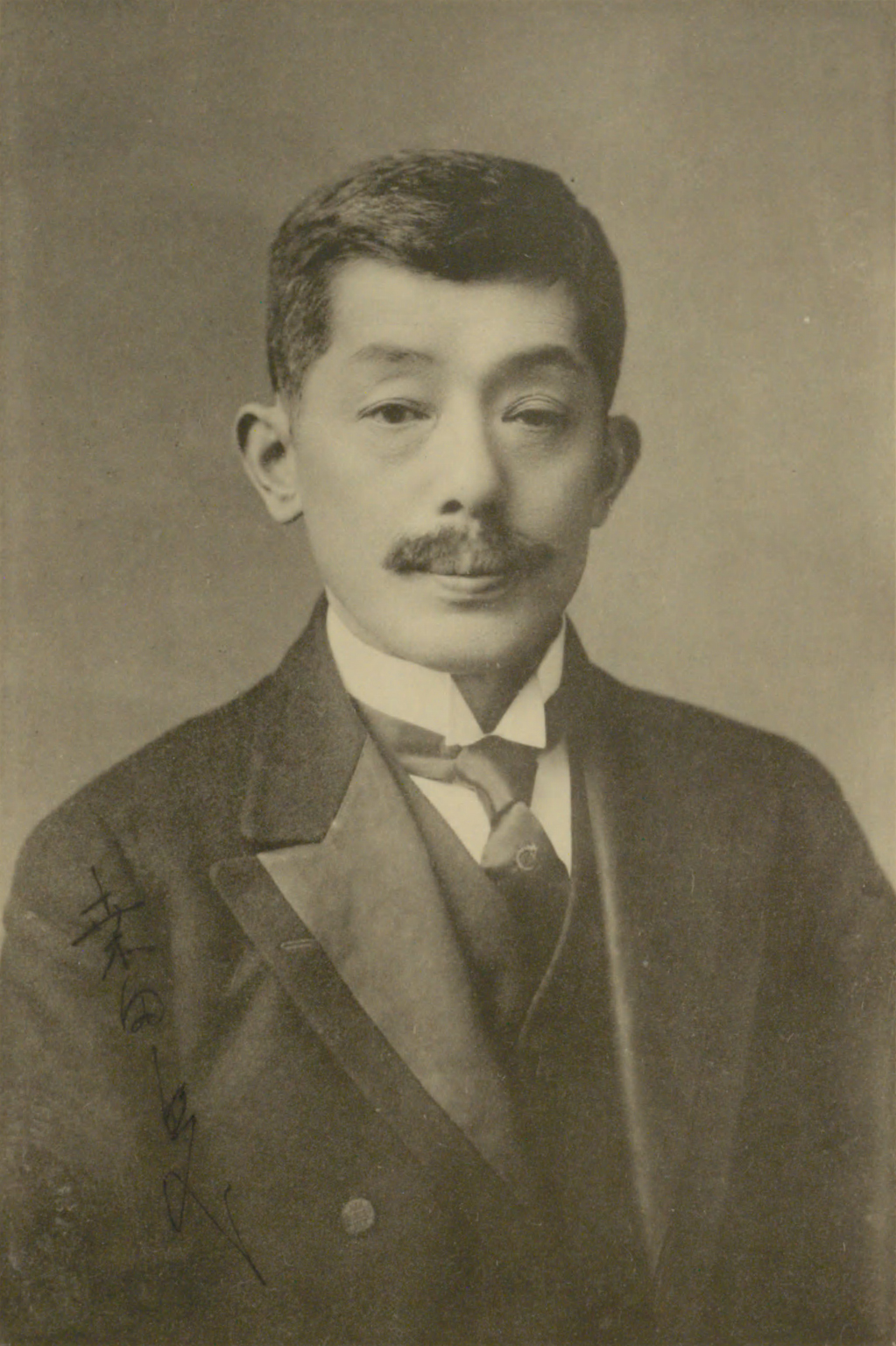KUWATA Kumazo
- Date of Birth and Death
- December 30, 1868 - December 10, 1932
- Birthplace (modern name)
- Tottori
- Occupation, Status
- Scholar (Social Science)
Description
Scholar of social policy. He graduated from the Law College of the Imperial University in 1893. He founded the Shakai Seisaku Gakkai (The Society for the Study of Social Policy) together with Noburu Kanai in 1896 and went to Europe to study social issues. After returning to Japan, he got involved in the fact-finding investigation on factories and workers conducted by the Ministry of Agriculture and Commerce with a view to enacting the Factory Law and contributed to the preparation of the "Shokko Jijo" (1903). He received his juris doctor degree in 1904. He was selected as a member of the House of Peers as a large taxpayer. He served as instructor at the Imperial University of Tokyo as well as at Tokyo Koto Kogyo (Tokyo Technical School) before becoming the professor at Chuo University in 1920. He played a central role in drafting social policies and assumed the post of advisor when Yuai-kai was formed. He also served as executive in a number of organizations including the Chuo Jizen Kyokai, Kyochokai, and the Japanese Red Cross Society among others.
SNS
KUWATA Kumazo

- HOME
- List of Names
- KUWATA Kumazo
